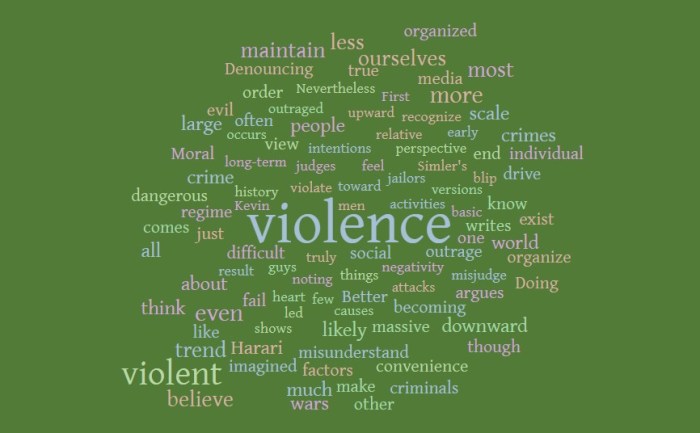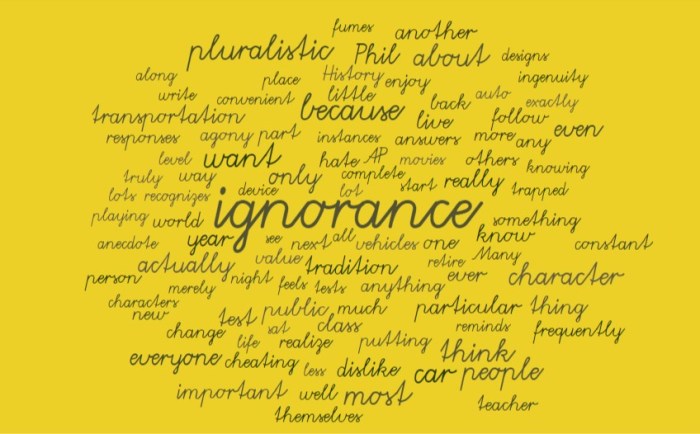Why do humans push so hard to amass as much wealth, fame, influence, and recognition as possible? Why do people who have become incredibly successful continue to push for more, and why do they often fight so hard to control the narrative around success? For many of us, the answer may seem to be cynical greed. That individuals who are incredibly wealthy are greedy, and they use cynicism to put others down while continuing to prop themselves up. They don’t really believe in the system and narrative they promote – they only believe in their own gain. However, Yuval Noah Harari suggests this may be an incomplete answer in his book Sapiens. Further, Robin Hanson and Kevin Simler offer a better explanation in their book The Elephant in the Brain to explain our insatiable appetite for more wealth, power, and influence.
I think it is pretty common these days to see the super wealthy as a flaw in the system or as cynical and greedy people who take advantage of the less fortunate. We imagine the super wealthy to be Scrooges who don’t believe in anything but their bank account, who they get to go to dinner with, and by the number of people who know their name. We see them as empty narcissists. But Yuval Noah Harari challenges this view by writing, “a cynic who believes in nothing is unlikely to be greedy. It does not take much to provide the objective and biological needs of Homo sapiens.” So if we can satisfy our basic biological needs relatively easily, why do so many people, not just the super wealthy, push to have so much? Cynical greed doesn’t seem to be the answer.
The pursuit of status to enhance our chances of passing our genes along, and then ensuring that subsequent generations of our genes are passed along, may be the answer. Kevin Simler and Robin Hanson make this argument in The Elephant in the Brain. Much of what we do, they argue, is some form of signaling to indicate our virtues or the advantages that mating with us or teaming up with us would offer. Having incredible wealth and material resources shows to other partners and the potential future partners of our decedents that we have resources to take care of them and ensure their genes are passed along successfully. Being incredibly famous and well connected shows that we are a powerful ally and that we have many compatriots that will help and protect us if needed. Again, this demonstrates that our genes are likely to be passed along for several generations since aid will be provided in emergencies or difficult situations.
We evolved these instincts when living in small tribal bands and small communities where a drought could leave our ancestors without enough food. A flood could have dislocated our tribe, and we would have been dependent on the help of others to live. Or, we could have had a feud with another member of our tribe or a neighboring tribe, and if we had enough allies that could rally to our defense, then we might survive rather than be killed. To pass their genes along, our ancestors had to show that they had resources to survive periods where resources were scarce. They had to show they had the right connections to be worthy of saving. And they had to be a strong ally to others so that they would also be protected if needed. We continue to push beyond our biological needs because our ancestors evolved to signal their worthiness and ability to pass their genes along. That is why we buy massive homes, electric hummers, and attend cultural events where we may see other important and powerful people. It is more than cynical greed that drives our desire for more.









